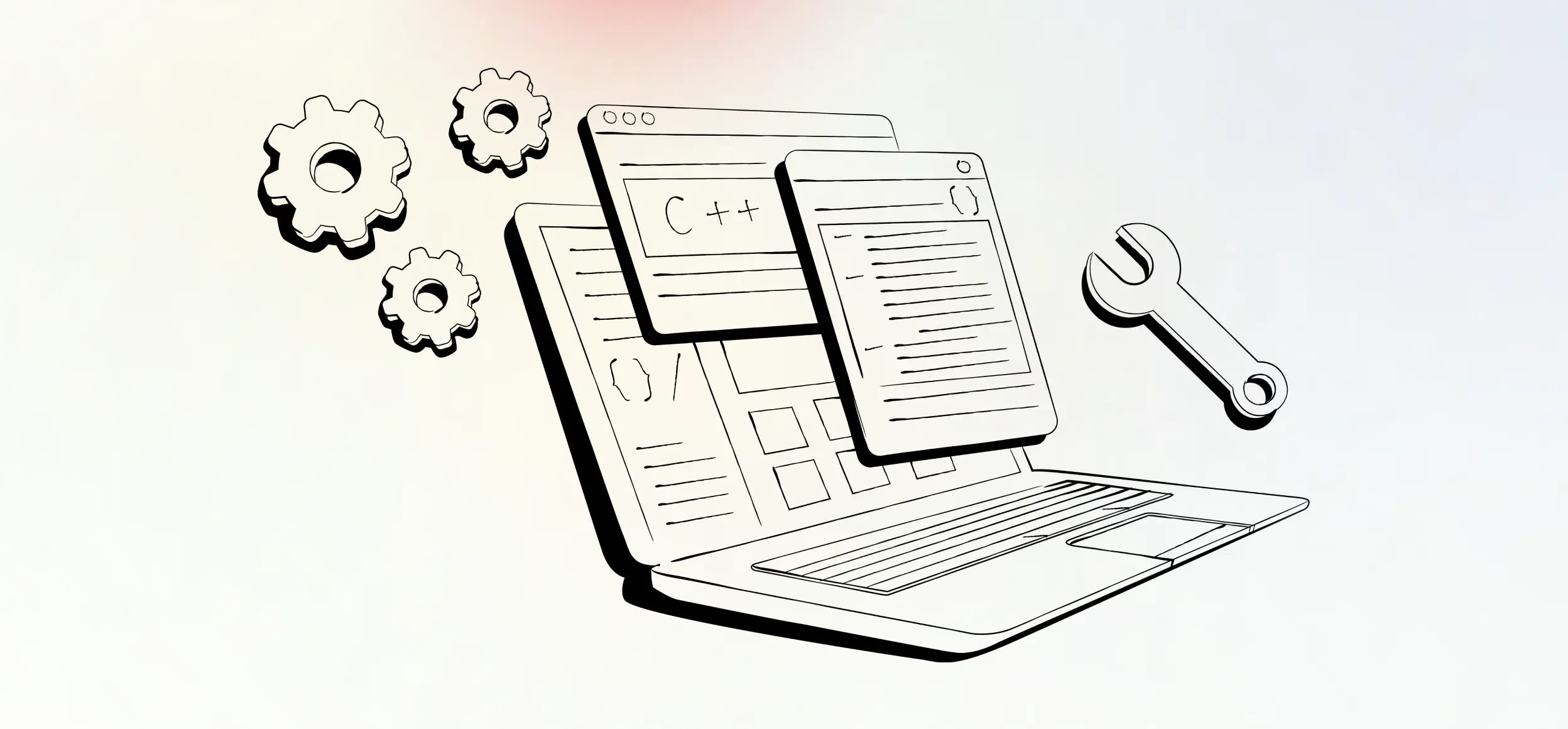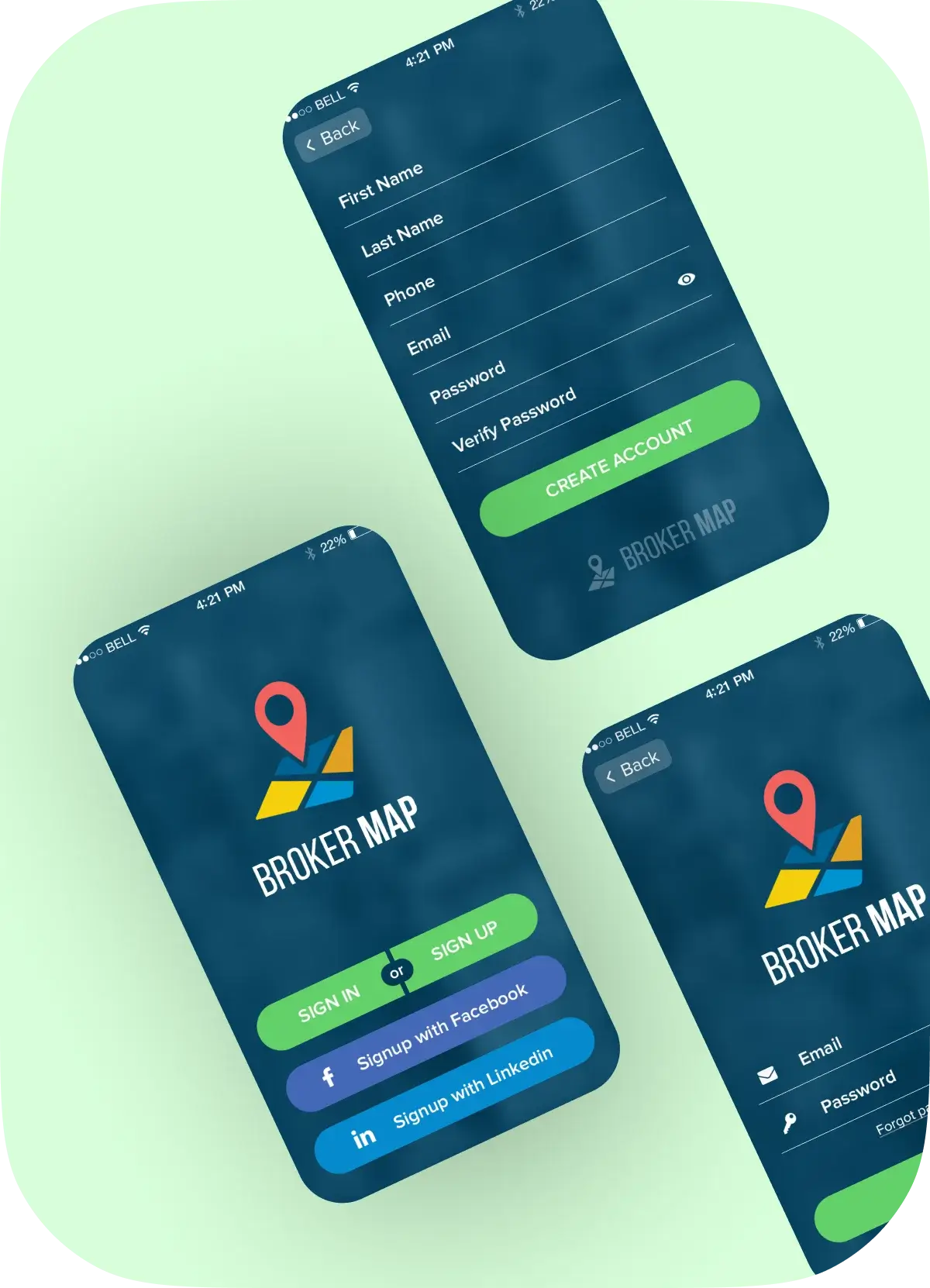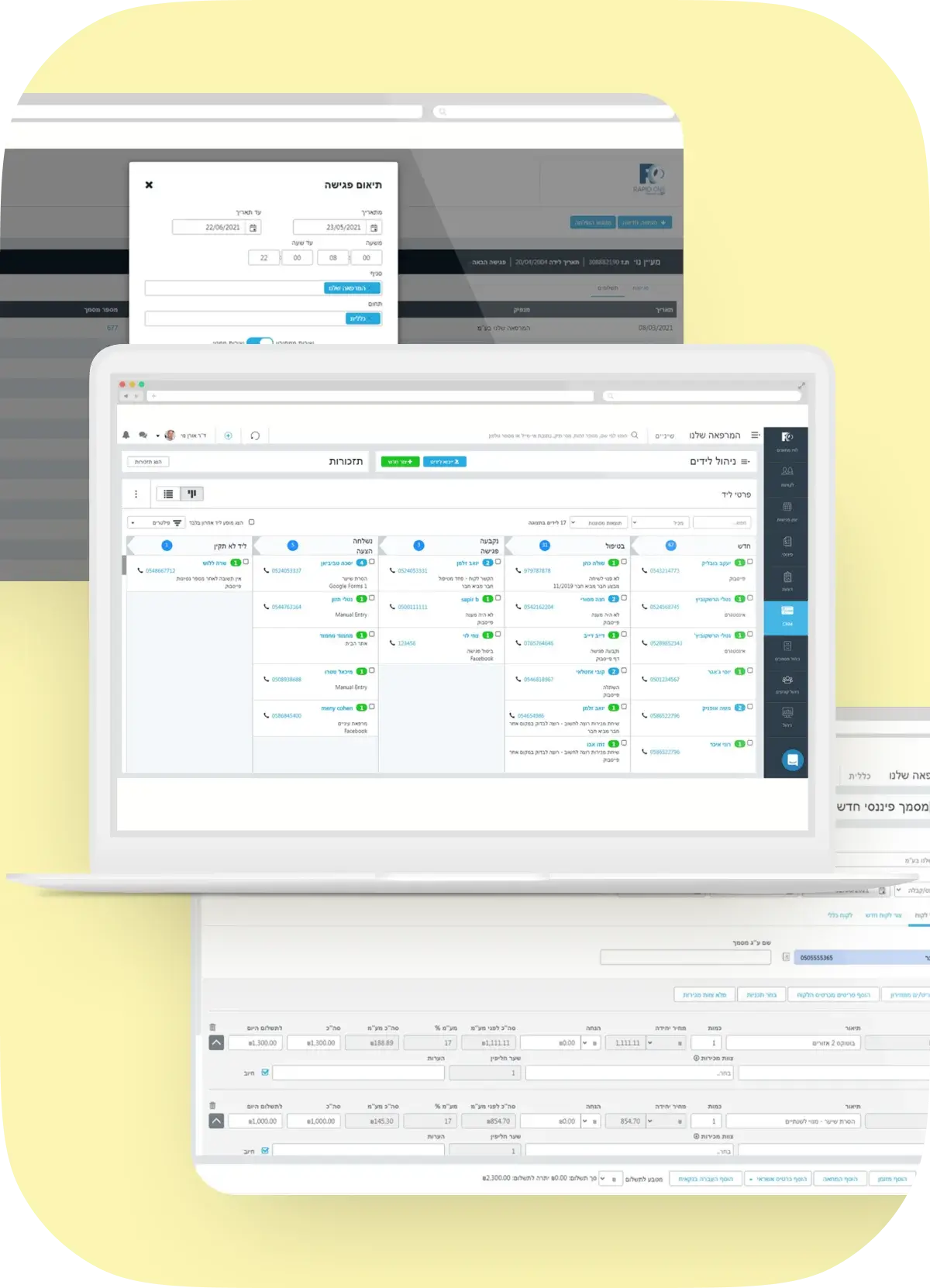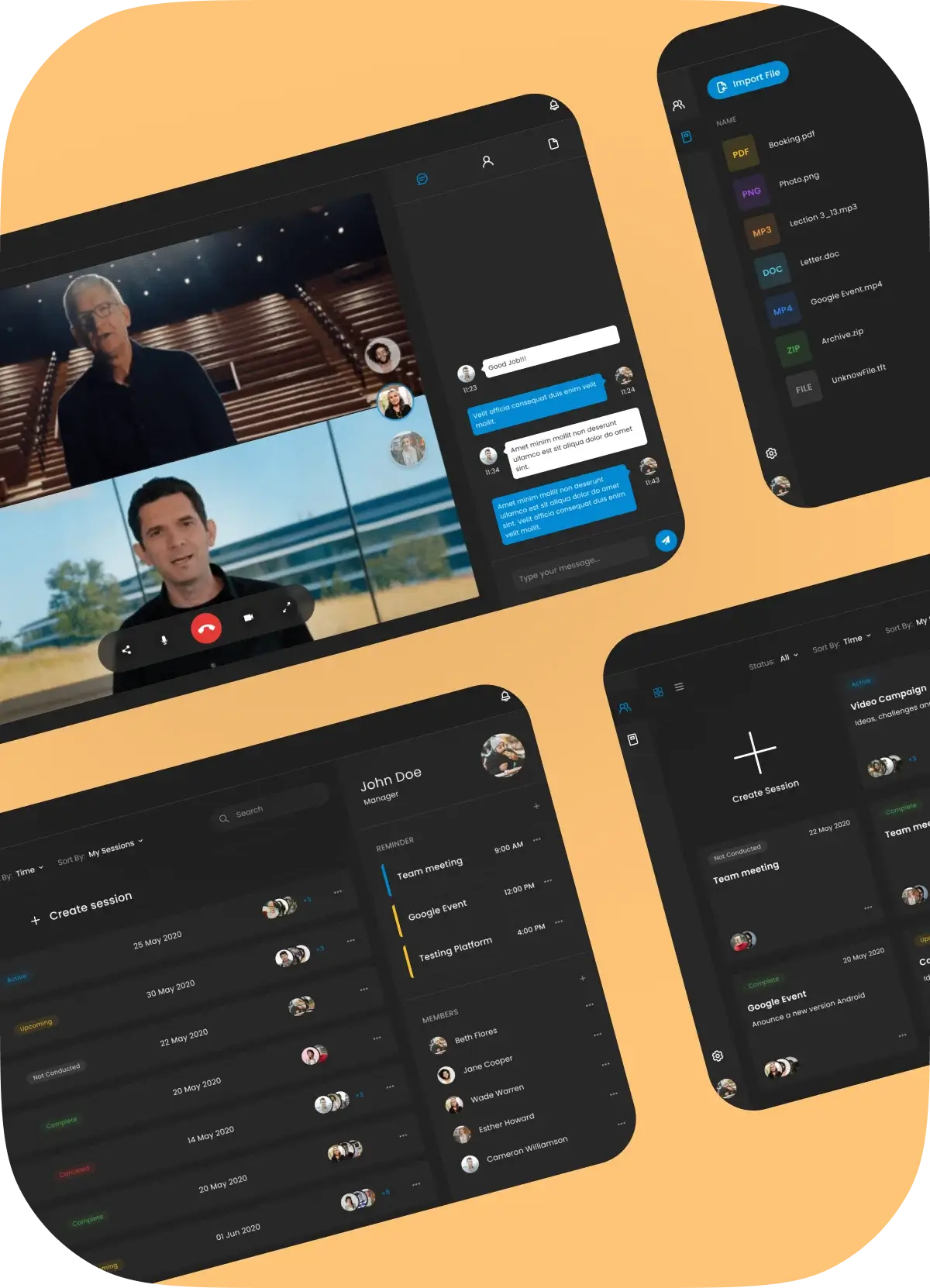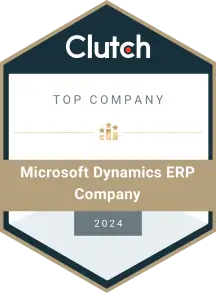EHR vs EMR: what’s the difference?
Our world-class healthcare software development services encompass practice management systems, hospital information systems, medication administration, healthcare data analytics, inventory management, and more.
At Digicode, we are dedicated to maximizing growth opportunities for your organization and helping you achieve your healthcare goals through tailored software solutions designed to meet your specific needs.

EHR Software Development
From streamlining operational tasks to managing electronic documents, customizable chart templates, clinical dashboards, reports, appointment schedules, patient app, profiles, prescription lists, and distributed access control modules – our EHR software development company does it all:
- Billing Information (RCM)
- Patient Management & Engagement
- Medication Orders & E-Prescribing
- Laboratory Information Systems (LIS)

EMR Software Development
Our developers specialize in building highly interoperable AI EMR software that seamlessly integrates PMS and HIE features. Here are the main modules to implement within custom EMR Software:
- CPOE (Computerized Provider Order Entry)
- Charge Capture Coding (ICD-10 CM, HCPCS, & CPT)
- HL7 Integration
- Clinical Decision Support
8 Reasons to Choose Custom EHR and EMR Development
Our EHR and EMR software development company individually approaches each solution and finds the best way to implement it, optimizing client’s time, budget, and efforts. Explore the Digicode portfolio to discover how we can transform your healthcare operations today.
Our EHR And EMR Software Solutions
Our custom EHR/EMR software goes beyond the basics, incorporating essential functionalities like eRx, record data tracking, and electronic communications.
Our Technologies for Electronic Health Record Software Development
With expertise in various technologies, we employ third-party APIs, platforms, and secure plug-ins to develop electronic health record software. Our EHR/EMR software development company utilizes a comprehensive range of tools, including mobile, web, desktop, embedded programming, blockchain, AI/ML components, IoT device integrations, and more.
Our Simple Process Cycle for Difficult EHR and EMR Development
Conduct market research
Start by conducting thorough market research to identify the audience and find an EHR developer that aligns with your specific needs. Evaluate their expertise, past projects, client testimonials, EHR development capabilities, and experience with HIPAA compliance. This assessment will guide your decision in selecting the right company to collaborate with.
Assemble a development team
Ensure that your chosen EHR system development partner assembles a proficient software development team with expertise in building EMR systems. The team’s composition and size will depend on the project’s complexity, but essential members should include developers, a UX/UI designer, a project manager, a QA engineer, a business/technical analyst, and a DevOps specialist.
Gather the project requirements
To compile project requirements for EHR development, gather inputs from stakeholders, including healthcare professionals, administrators, and IT experts. Signing a non-disclosure agreement (NDA) ensures confidentiality. Next, collaboratively identify and finalize the desired features for your EHR.
Prepare the business analysis
Gather information about your organization’s processes, workflows, and specific requirements. Conduct interviews with stakeholders, analyze existing systems, and define key objectives to understand your business needs comprehensively.
Roadmap implementation
To prepare the roadmap for EHR and EMR software implementation, identify key milestones, timelines, and goals. Define the scope of the project, prioritize features, allocate resources, and establish a clear communication plan. Conduct thorough testing and training to ensure a successful implementation process.
Start development, design, and testing
Create an appealing design that caters to customers’ needs, utilizing user stories, scenarios, and storyboarding. Collaborate between front-end and back-end developers, conduct thorough manual and automated QA testing. Align development stages and scope with objectives, utilizing sprints and customer journey maps for engineering control. Ensure all necessary features are implemented.
Transfer patient and practice data
Ensure data security and privacy compliance, employ data migration techniques, validate and cleanse data, and establish seamless integration with existing systems to enable efficient automation of document management procedures efficiently.
Deployment and Support
Having a dedicated DevOps team to manage the system post-migration is crucial, especially if the EHR software development company can also provide cloud migration consulting. Otherwise, additional resources may be required for routine maintenance and debugging tasks.
The rapid implementation of innovations is a must, so here’s an option for dealing with it – Agile flexibility significantly improves and streamlines the interaction between doctor and patient, medical center, hospital, and pharmacy.
What Our Clients Say
Portfolio
Consider Digicode As Your EHR/EMR Development Company
In order to meet evolving government regulations, technological advancements, and patient expectations, medical institutions need to enhance their technology.
Digicode provides innovative EHR development services and EMR software development services based on a deep understanding and analysis of custom business requirements, providing world-class healthcare systems to maximize opportunities and improve ROI for leading organizations.

Key Competencies in Healthcare Industry
Our core superpower is a custom medical software development in healthcare industry
Electronic Health
Records (EHR)
Patient
Portals
Telemedicine
Software
E-Prescribing
Software
Remote Patient
Monitoring (RPM)
Medical Diagnosis
Software
Hospital Management
Systems (HMS)
Appointment booking
software
Health Tracking
Apps
Healthcare CRM
Software
As a professional custom software development company in usa,
we guarantee full compliance to all legal regulations, such as
FAQ
-
Does the custom EHR/EMR software you create comply with HIPAA and other regulations?
Yes, our custom EHR/EMR software strictly adheres to HIPAA and other relevant regulations. Our team is experienced in building solutions that ensure data privacy and security standards compliance. You can be confident that your patient’s medical records will be protected and handled by industry regulations and best practices.
-
How long does developing a custom EHR or EMR software solution take?
The EHR and EMR software development timeline for a custom software solution can vary based on several factors, including the project scope, desired features, complexity, and integration requirements. Typically, developing a robust and tailored solution that meets your specific needs and quality standards can take a few months.
-
What measures do you take to ensure data security and HIPAA compliance?
Ensuring data security and HIPAA compliance is a top priority for us. We implement robust security measures such as data encryption, access controls, regular system audits, and secure data storage. Our team strictly follows HIPAA guidelines and stays updated with industry standards. We also conduct thorough risk assessments and maintain strict policies to protect patient data and maintain confidentiality throughout development.
-
What are the benefits of using EHR or EMR systems?
EHR and EMR systems provide numerous advantages, including improved patient management, seamless communication between primary care and specialists, and cost savings for insurers through reduced redundant tests and procedures. Also, using EHR services can benefit you by providing easy access to accurate patient records, improving coordination among healthcare providers, and enhancing overall efficiency in managing healthcare information.

